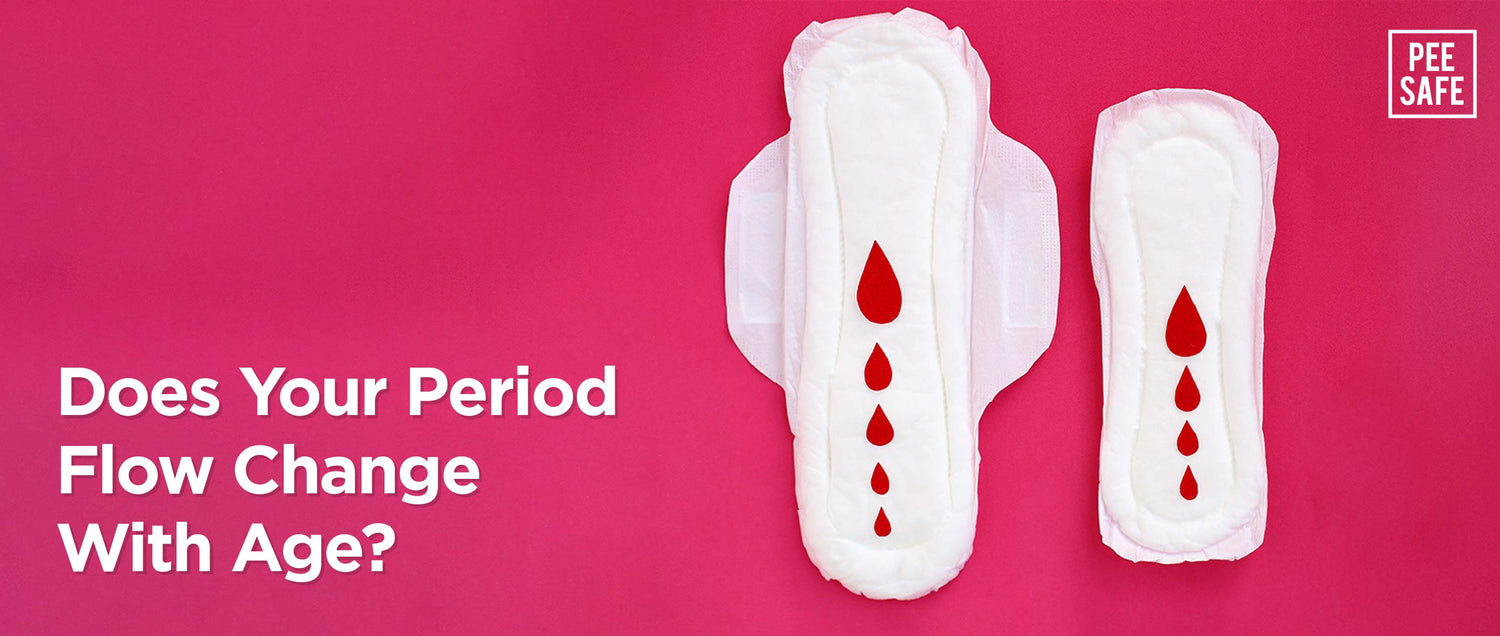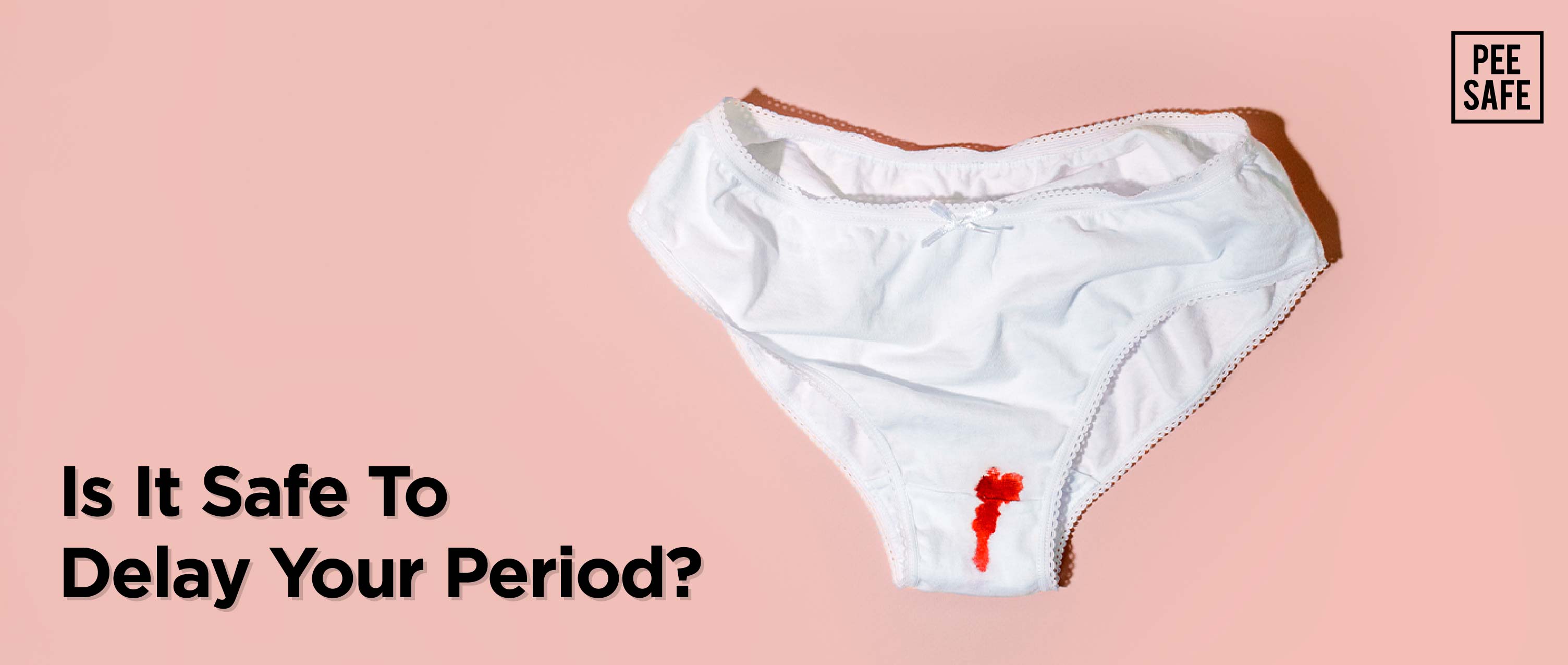Periods are a part of every menstruating individual’s life. As the human body goes through various transitions from being an infant to an old person, the period cycle also goes through many phases. People go through menstruation for approximately 40 years of their life, and it changes every decade.
Let us understand the change in period flow at different stages of your life:
Adolescence
Adolescence is a phase of life when you transition from being a child to an adult. It begins at the age of 10 and ends at the last teen, 19. Your body goes through a major change, which is menstruation. It commonly starts in the teenage; however, some individuals experience their first period at the age of 10.
Initially, periods may be irregular with a gap of 2-3 months. This is because your ovary may not release an egg every month as the body takes time to adapt to change. The menstrual flow is usually light and may last for up to 6 to 12 days.
As your age progresses towards nineteen, the period flow starts increasing and becomes regular with a 21-45 day cycle. You may experience mood swings and period cramps as well.
Periods in your 20s
Your teenage years come to an end when you hit 20. From the age of 20 to 29, your periods become more consistent and last for 23 to 35 days as you start ovulating regularly. The premenstrual syndrome including tender breasts, mood swings, food cravings, and fatigue happens at a much higher rate in your 20s.
The period flow may fluctuate at this age range as many individuals may opt for contraceptives to either delay the periods or prevent pregnancy. If contraceptive pills are consumed timely, they result in comparatively short periods.
Periods in your 30s
Your body gets accustomed to periods very well at this stage. They are mostly consistent and last for 23 to 35 days. The menstrual flow occurs between three to seven days. Additionally, the period cycle may become shorter with heavy period flow in your late 30s.
Individuals usually conceive babies in their 20s and 30s; so they experience change in their period cycle as it starts after approximately 6 weeks of delivering the baby and the periods are heavier than usual.
Periods in your 40s
Your body works differently with each passing decade, and when you hit 40, your estrogen level begins to fluctuate. When the estrogen level is high, you experience heavy period flow or vice versa.
This happens because of perimenopause, which is a transition to menopause. Menopause is the stage where your body stops secreting menstrual blood. Therefore, when you are in a perimenopause stage, irregular periods happen and your cycle may be longer or shorter. Also, your period flow may be high or low depending upon your estrogen level.
Additionally, you may experience menopause in your late 40s when your ovary stops secreting estrogen.
Periods in your 50s
For some menstruating individuals, menopause may hit in their early 50s since the ovary stops releasing eggs.
It may be good news for you as you don’t have to go through the period cramps or irritation after hitting menopause; nonetheless, it is important to understand that you become prone to health issues such as heart disease, urinary tract infections (UTIs), and cancer. Therefore, you need to be mindful of your diet and overall lifestyle to stay healthy and immune to possible health risks.
Conclusion
Your body changes with age, and so does your period flow. During the initial years of menstruation, you may experience irregular periods with a light menstrual flow. Subsequently, your periods become consistent with a 23-35 day cycle in your 20s and 30s.
However, your period cycle may become short with a heavy period flow. Perimenopause hits in your early or mid-40s, and then you experience menopause in your late 40s or early 50s.
It may be relieving for you to know that you won’t menstruate after reaching menopause, but you need to be extra cautious about your health as your body becomes prone to serious health issues.
Additionally, normal period flow is subjective to every individual as the bodies are different from one another.
-
✍️ This article was curated by Komal Gupta




























